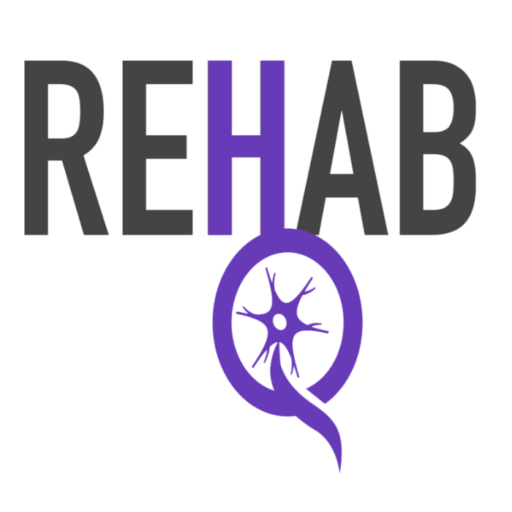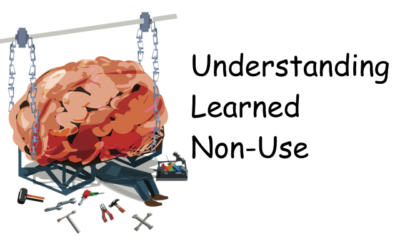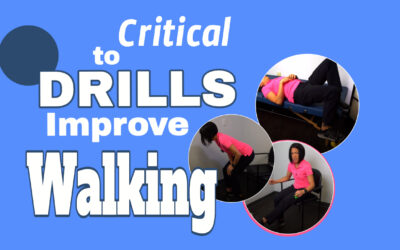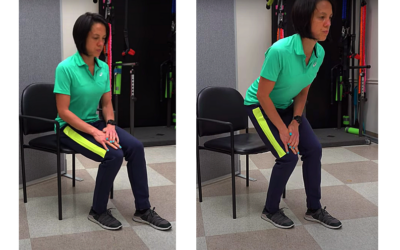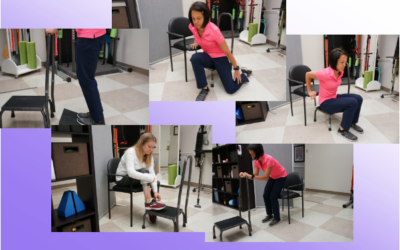Multiple sclerosis (MS) is an abnormal response of the body’s immune system. Instead of the immune system protecting the body by attacking harmful microorganisms, the immune system attacks healthy nerves in the central nervous system (the brain and spinal cord). More specifically, the protective covering surrounding a nerve (myelin). This causes scaring on the nerves, or lesions.
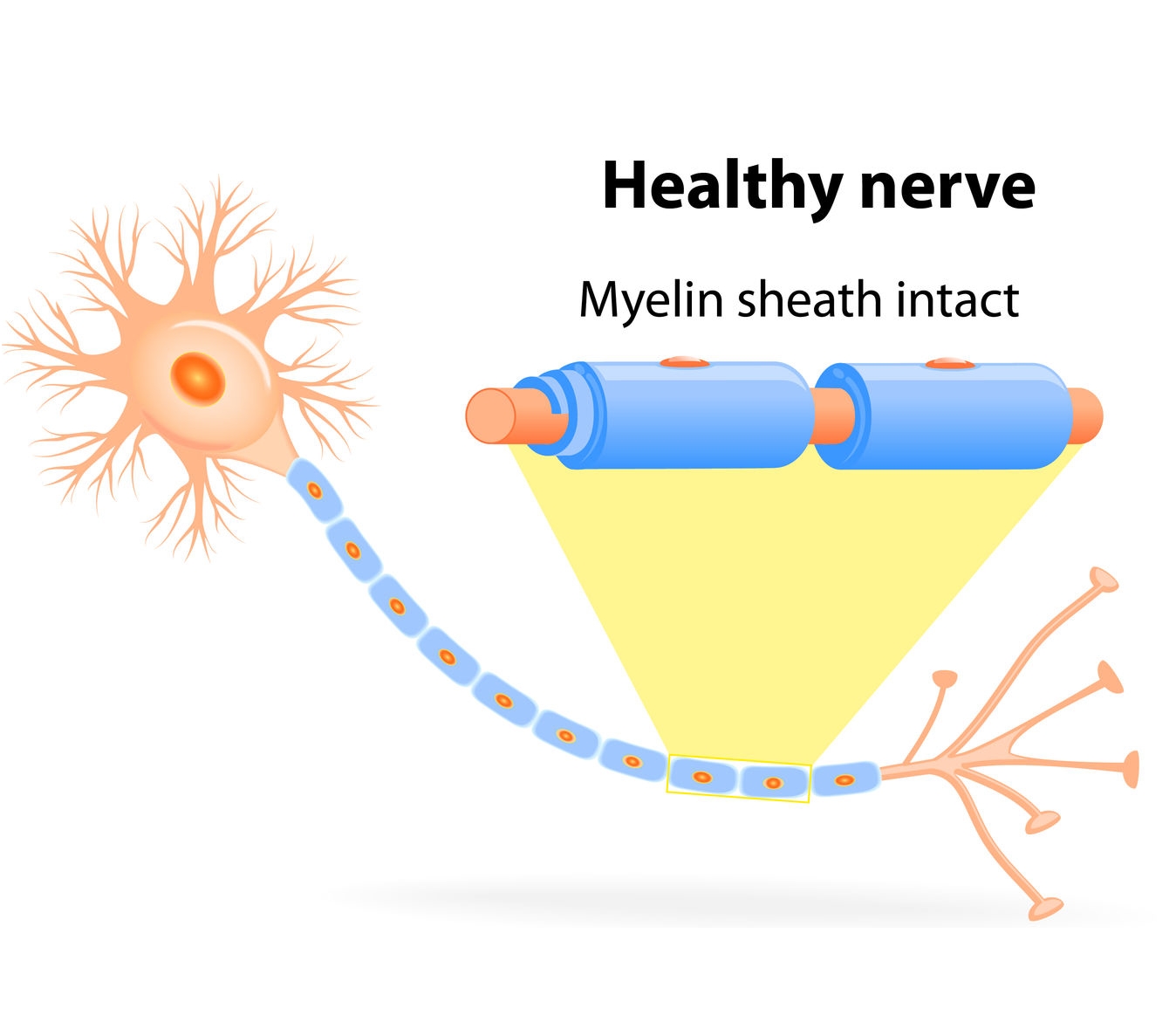

Lesions on the nerves disrupt communication between the brain and the body.
This disruption in communication causes a variety of neurologic symptoms including the following:
- Vision problems
- Numbness and tingling in the hands and feet
- Pain and itching
- Fatigue
- Gait disturbance
- Spasticity
- Weakness
- Dizziness and vertigo
- Bowel and bladder problems
- Cognitive (thinking) problems
- Depression
- Emotional changes
The type and severity of symptoms will vary among people with MS.
What are the types of MS?
Relapsing-Remitting Multiple Sclerosis
The most common type of MS is relapsing-remitting MS (RRMS) and usually effects people in there 20s-30s.
People who have RRMS will have times when symptoms “flare up” (relapse) followed by a period when there are little to no symptoms (remission).
Secondary Progressive Multiple Sclerosis
People with secondary progressive multiple sclerosis (SPMS) usually starts out as RRMS. RRMS turns into SPMS when relapses start to trend toward worsening of symptoms with little to no remission between relapses. This shift from RRMS to SPMS usually occurs 15-20 years after the initially diagnosis of MS.
Primary Progressive Multiple Sclerosis
Primary progressive multiple sclerosis (PPMS) accounts for 10-15% of the cases of multiple sclerosis. Weakness in the legs and difficulty walking are the most common symptoms initially. Symptoms progressively worsen over time. PPMS does not have any relapses or remissions.
What is the treatment for multiple sclerosis?
There is no cure of multiple sclerosis. Treatment usually focuses on speeding up recovery from a relapse and slowing down the progression of the disease and managing the symptoms.
Treatment for MS relapses (attacks)
Corticosteroids:
Oral and/or intravenous steroids are prescribed to treat the inflammation around the nerves.
Plasmapheresis:
Plasmapheresis (also known as plasma exchange) is when the plasma portion of the blood is separated from the red blood cells. The red blood cells are then mixed with albumin and put back onto the body.
Treatment to slow the progression of the disease
For primary progressive multiple sclerosis, ocrelizumab (Ocreves) is the only FDA approved disease modifying therapy.
Treatment to Manage MS Symptoms
Physical Therapy:
Physical therapy focus on stretching muscles that may become shortened due to spasticity, balance retraining, and gait (walking) training. A physical therapist can also prescribe the appropriate assistive device to improve your safety with walking and also be involved in prescribing appropriate braces to protect joints around weakened muscles and improve the overall quality of movement.
Muscle Relaxants:
MS may also cause pain in the muscles and involuntary muscle contractions (spasticity). A doctor may prescribe muscle relaxants, for example, baclofen or Zanaflex.
Medication to manage fatigue:
Fatigue can be a major problem of the disease. A doctor may prescribe medication to help with this
Medication to increase walking speed:
There are some medications that claim to increase walking speed. Talk with your doctor to learn more about this.
Article You May be Interested in:
Understanding Learned Non-Use
https://youtu.be/iLo0j4aC44I Do you feel like you have plateaued? What I mean is, has your arm and leg movement recovery slowed to a crawl? Or maybe progress has stopped altogether? The common belief is that someone loses the ability to move because that part...
How to become a “high achiever” in Neuro Rehab
There are "high achievers" in every industry. Including in neuro rehab. I consider these the "outliers". The ones who did what others couldn't. They recover more movement than expected. High achievers have a different gear. And truth be told, it is not one that I...
Discharged from therapy. What now?
So, you have been discharged from therapy. So, what now? For some, this is a positive step in the rehab process. Some will understand right away that this is progress. On the other hand, for others it can bring up all kinds of negative emotions. "Is my therapist mad...
Walking Exercises for Stroke Patients
Many people inquire about the "best exercises" for stroke patients to improve walking. I like to use the term "Drills" when referring to "stroke exercises". Why? Because "Drills" are what I think of when I think of repetitive movement. Case and point, drills are...
Neuro Rehab is 90% mental, 10% physical
What should you expect to achieve in neurologic rehabilitation? My answer might confuse you, frustrate you, and hopefully challenge you to think differently. The most critical component of a successful outcome (in neurologic rehabilitation) is NOT based on the extent...
Balance Training for Ataxia
Balance training is a critical component for anyone with ataxia. This is due to the fact that ataxia negatively impacts the balance system and is one of the leading causes of disability. Ataxia is caused by damage to the cerebellum. The cerebellum plays a MAJOR role...
Relearn to walk: Progression (with videos)
Are you super eager to relearn to walk? Walking is a HUGE goal for anyone who has lost that ability. Walking means different things to different people. And quite honestly, has far less meaning until you have lost this fundamental skill. All that being said, it is...
Regain Normal Walking After a Stroke: Advanced
A common goal after a stroke or a brain injury is to regain "normal walking". However, this goal is not limited to just those who have suffered a stroke. I dare say it is the number one goal of almost everyone who has suffered an injury to their neurologic system. ...
Stand and Walk After a Stroke: Intermediate Progression
Many want to stand and walk after a stroke. Of course, this is critical in giving someone more independence. However, standing and walking is also important to prevent deconditioning, maintain joint health, and prevent postural abnormalities associated with prolonged...
Product Spotlight: A step stool with handle
A step stool with a handle is one of the most seems like an odd piece of "rehab equipment", however, it is truly "worth its weight in gold". It is probably the one itemI can honestly say I use multiple times a day in my clinic. And, rarely as an actual step stool....
